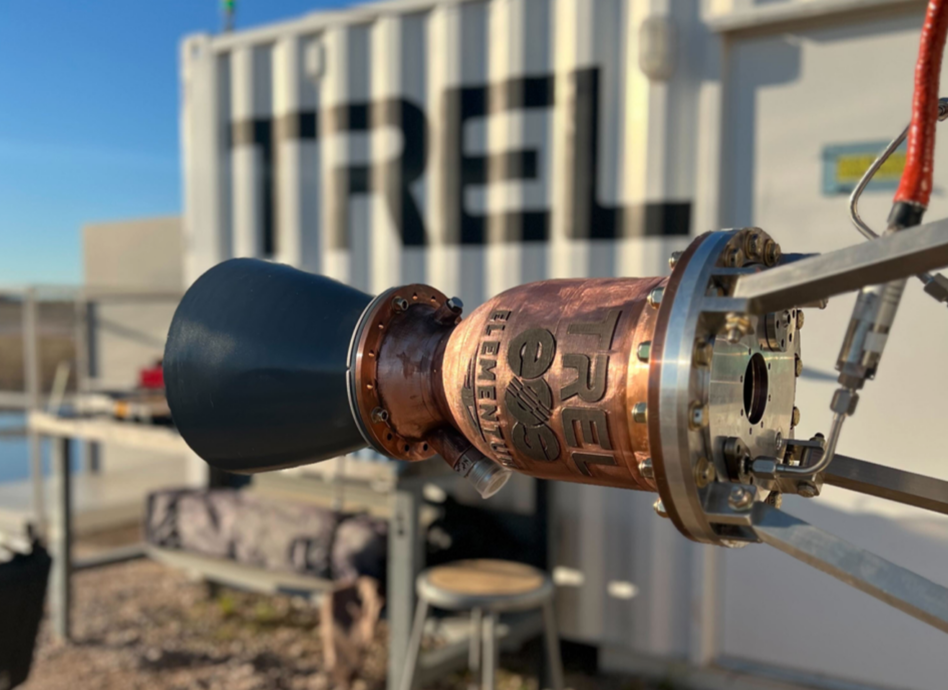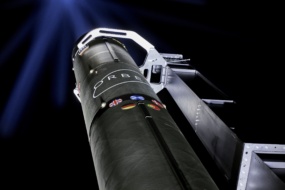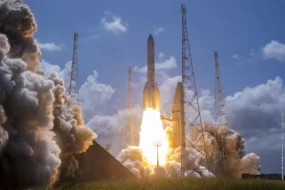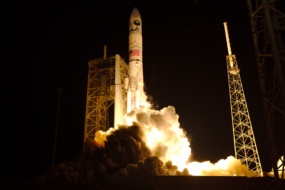The University of Texas Rocket Engineering Lab is set to hot fire test its engine today as it ramps up to a Kármán Line launch attempt in 2024. UT is one of 20+ schools racing to be the first collegiate group to launch a liquid-fueled rocket to space.
Although the Kármán Line has been achieved using solid-fueled rockets, no school has reached space with a liquid-fuel rocket. While Texas is hoping to be the first, other universities, including Purdue, Berkeley, UCLA, Georgia Tech, and Concordia University are rapidly progressing toward this goal.
The specs: Texas’s launch vehicle, dubbed Halcyon, is a 30-ft tall kerosene-propelled rocket. A team of 232 undergraduate students has been working on its construction, designing everything including the COPV tanks, flight computers, and engine.
Industry partnership: Collegiate rocket teams across the country have leaned on industry support to help fund and guide their programs to the Kármán Line. The Texas team estimates more than $2M in cash and in-kind donations have been committed to the lab.
- Raytheon, Velo3D, and Lockheed have provided the Texas team with significant contributions, while Firefly has opened its facilities for equipment use and engine testing.
Preparing a space workforce: As barriers to entry in rocketry continue to decrease, amateur rocket teams have taken rapid strides in advancing their technical capabilities. The result is a cohort of students well prepared to join the space workforce post-graduation.
“What’s really important here is student groups working on ambitious projects that scale to industry groups. Suddenly you have new grads that are insanely more qualified than ever before,” said Buckner Newberry, UT’s student director of fluids and propulsion.





